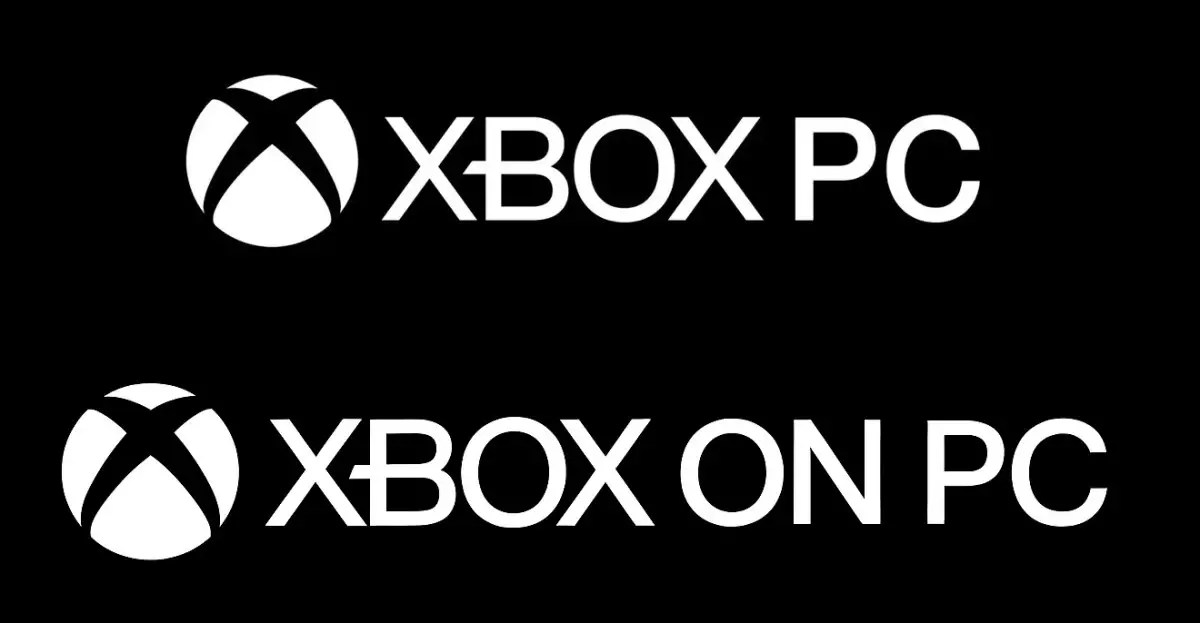In recent weeks, Microsoft has undergone a subtle but notable transformation in how it refers to its gaming ecosystem on PC. Just a few months ago, the tech giant introduced the term “Xbox PC” as part of its effort to unify its gaming offerings. This branding was designed to position Xbox games as accessible through a dedicated app and store on Windows, signaling a more integrated gaming experience. However, the rapid switch to “Xbox on PC” has stirred confusion among gamers, industry watchers, and even publishers. At first glance, it appears to be a simple rephrasing—yet deep down, it reflects a larger, more complex strategic dialogue about how Microsoft envisions its gaming future.
The underlying question isn’t just about semantics but about the company’s broader ambitions to redefine the Xbox brand as a flexible, cross-platform ecosystem. The transition from “Xbox PC” to “Xbox on PC” might seem superficial, but it reveals an intent to emphasize seamless integration rather than hardware-specific boundaries. Microsoft seemingly wants to position itself as more of an inclusive gaming platform—linking consoles, PCs, mobile devices, and even VR headsets—all under the Xbox umbrella. Still, the question remains: Are these branding tweaks indicative of clarity and strategic realignment, or are they a sign of internal indecision?
Implications of a Confusing Identity
What makes this branding inconsistency more compelling is how it’s adopted and referenced across various official outlets. Major publishers and even Microsoft’s own studios have used both terms interchangeably, creating a disjointed message. For example, the trailer for “Age of Mythology: Retold” initially labeled as an “Xbox PC” title, later switched to “Xbox on PC” in promotional materials. Similarly, announcements for “Grounded 2” and “Hellblade II” have showcased the same fluidity in terminology.
From a consumer perspective, this inconsistent language hampers clarity. When audiences can’t tell whether Xbox on PC refers merely to the storefront or a broader ecosystem of gaming experiences, it breeds confusion. If Microsoft’s goal is to foster an all-encompassing gaming universe—where playing on PC feels as integral as gaming on a console—the branding needs to be precise. Else, it risks alienating casual gamers who might feel the platform’s messaging is unclear or overly complicated.
Furthermore, this inconsistency reflects a deeper challenge: how to align a corporate vision that stretches across hardware, software, and services. Microsoft’s previous rebrand of “Xbox Game Pass for PC” to “PC Game Pass” was a reaction to user confusion, demonstrating that even minor label changes have major implications in shaping perceptions. The shift to “Xbox on PC” could be seen as an effort to clarify that Xbox experiences are not limited to physical hardware but are accessible software experiences on Windows.
Strategic Significance and Future Directions
The frequent evolution in branding also signals Microsoft’s ambitions to position the Xbox ecosystem as a dominant gaming platform beyond traditional boundaries. The company’s plans to integrate Windows and Xbox more tightly, especially with upcoming handheld PCs and potential VR integrations, necessitate a clear, unified language. The branding, therefore, isn’t just cosmetic; it’s part of a broader strategic push to redefine what Xbox is in the next generation.
However, such a rapid change in messaging can be risky. It highlights internal debates over how best to communicate with audiences and whether the market is ready to adopt a new, fluid identity for Xbox. If the branding remains inconsistent, it could undermine efforts to build a strong brand identity, especially in a crowded gaming landscape dominated by established players like Steam, Epic, and PlayStation.
Microsoft’s challenge is to strike a balance: be flexible enough to encompass an expansive, multi-platform ecosystem while maintaining clarity and brand integrity. Whether “Xbox on PC” will eventually stabilize as the official term or morph again remains to be seen. For now, it’s a sign of a company still figuring out how to communicate its evolving ambitions. If executed well, this rebranding can serve as a rallying cry for consumer loyalty; if mishandled, it risks sowing further confusion and diluting the Xbox identity in an increasingly competitive market.

